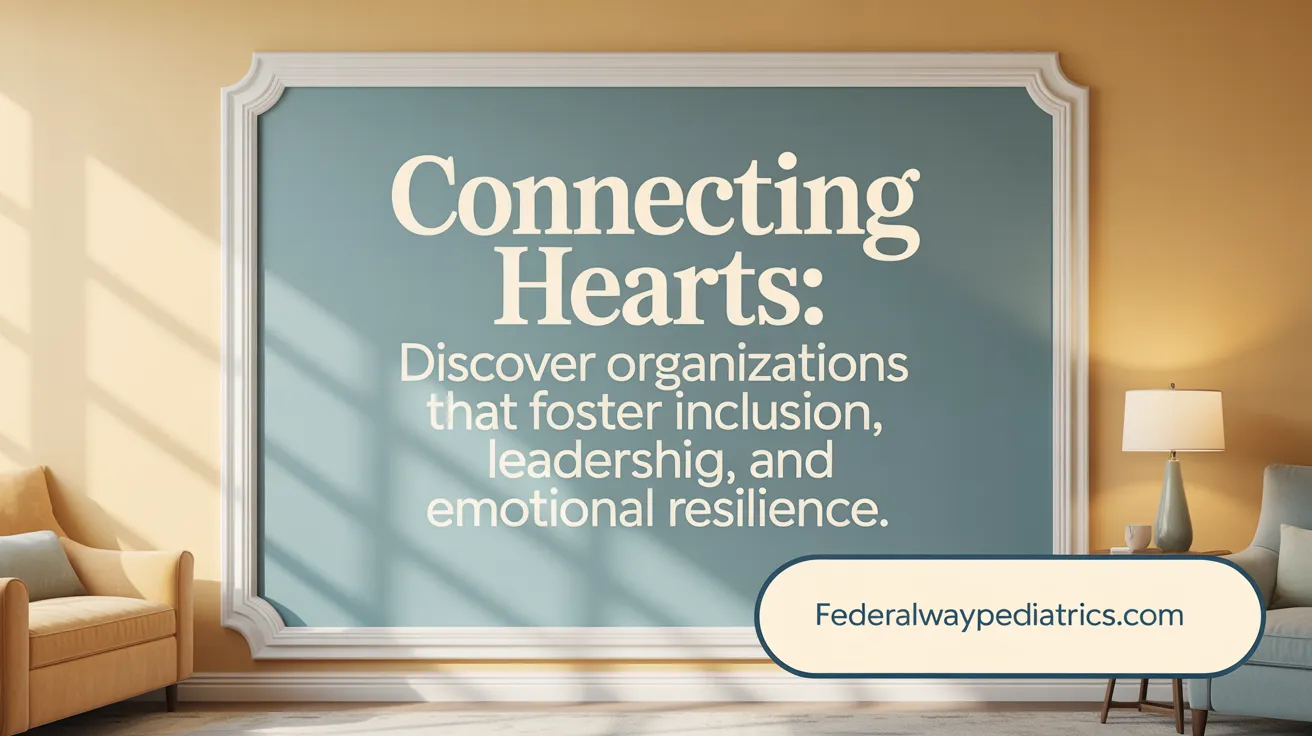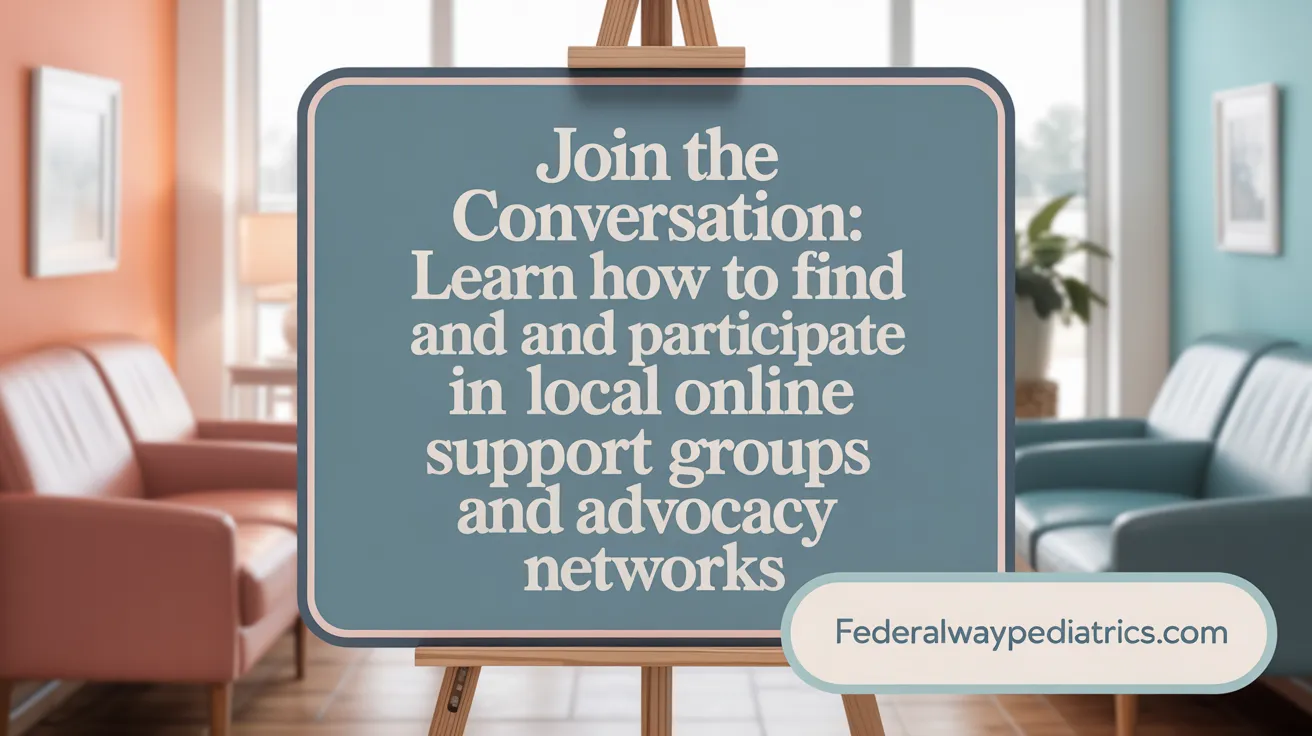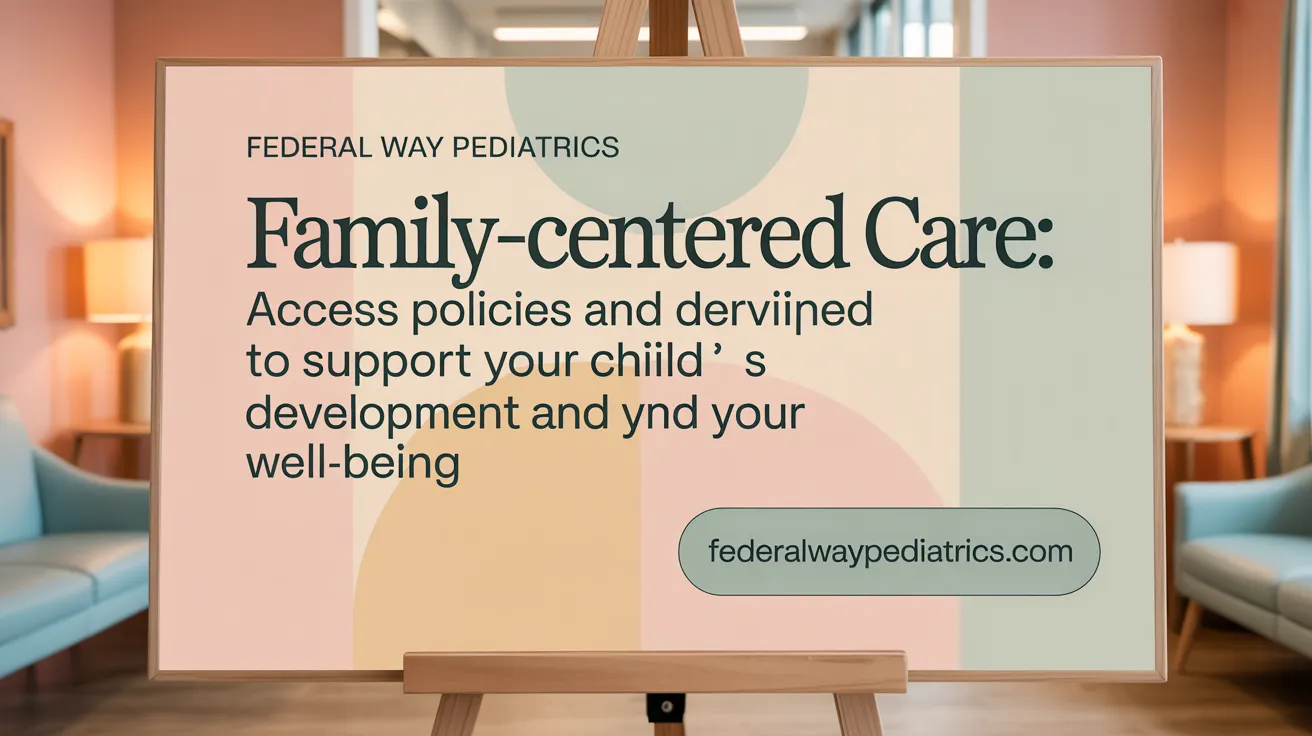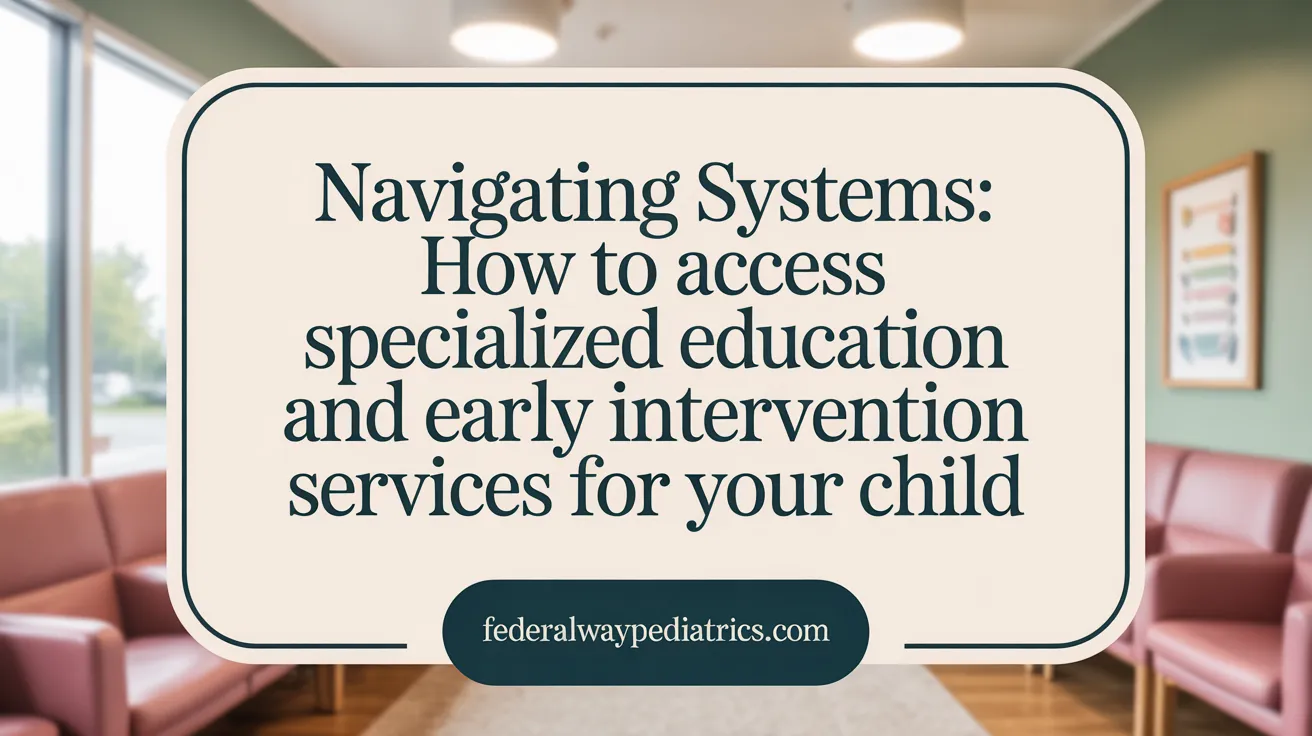Understanding the Vital Role of Emotional Support
Families raising children with disabilities face a unique set of challenges that require not only medical and educational resources but substantial emotional support. This article explores the various organizations, programs, and interventions dedicated to providing that crucial foundation of emotional care and empowerment. By connecting families to community networks, early intervention, educational advocacy, and evidence-based practices, these resources help families navigate their journey with resilience and hope.
Diverse Emotional Support Networks and Organizations
 Families of children with disabilities benefit from numerous resources aimed at emotional and community support.
Families of children with disabilities benefit from numerous resources aimed at emotional and community support.
Parent-to-Parent USA is one organization that connects parents through peer matching, fostering friendships and shared understanding. Similarly, the Family Voices network, led by families and by policy advocates, emphasizes family involvement in healthcare and education, empowering parents to become active participants in decision-making.
Organizations like Mommies of Miracles provide online support groups, helping mothers of children with developmental and medical needs combat feelings of isolation.
Support for social inclusion is available through programs like Best Buddies and Friendship Circle. These initiatives organize one-on-one friendships, community involvement, and social skills development for individuals with intellectual and developmental disabilities.
The National Youth Leadership Network focuses on empowering young people with disabilities by promoting leadership and inclusion programs, strengthening their sense of belonging and self-confidence.
PACER's Parent Training and Information Centers, along with the M.O.R.G.A.N. Project, offer educational resources, leadership opportunities, and social support tailored specifically to families' needs. PACER also provides guidance on navigating educational rights and services.
Additionally, the Family to Family network is a vital resource for connecting families with similar experiences, offering peer-led support, information, and community engagement.
Collectively, these organizations create a comprehensive support system that addresses the emotional, social, and informational needs of families, helping them feel less isolated and more empowered in their caregiving journey.
| Organization/Program | Focus Area | Support Type | Target Audience |
|---|---|---|---|
| Parent to Parent USA | Peer support and mentorship | Peer matching, emotional support | Parents of children with disabilities |
| Family Voices | Healthcare advocacy and family engagement | Policy advocacy, family support services | Families, youth, and professionals |
| Mommies of Miracles | Online support groups | Peer support, emotional connection | Mothers of children with medical/developmental needs |
| Best Buddies and Friendship Circle | Social inclusion and friendship | One-on-one friendships, community events | Individuals with disabilities |
| National Youth Leadership Network | Youth empowerment and leadership | Leadership development, peer networking | Youth with disabilities |
| PACER and M.O.R.G.A.N. Project | Education and resource guidance | Parent training, resource sharing | Families, especially those navigating educational systems |
| Family to Family Network | Peer support and community building | Support groups, information, advocacy | Families experiencing disability-related challenges |
These organizations serve as vital pillars that bolster emotional resilience, foster community connections, and guide families through complex healthcare and educational systems.
Finding and Engaging with Support Groups and Advocacy Networks

How can families find and participate in support groups and advocacy networks for children with disabilities?
Families looking for support groups and advocacy networks have a variety of options to connect with others who understand their experiences. Organizations such as Family Voices and Parent to Parent USA are excellent starting points. These organizations provide programs, resources, and opportunities for parents and caregivers to become involved in community and national support efforts.
In addition to these large organizations, many local communities have parent-led groups or support organizations that cater to specific disabilities or geographical areas. These are often listed in directories maintained by state or regional disability services, school districts, or community centers.
Online platforms are also key resources. Facebook support groups, specialized forums like the Asperger / Autism Network, and dedicated websites allow families to connect virtually. These online communities enable parents to share their stories, ask questions, and find practical advice from others walking a similar path.
Attending in-person meetings is equally beneficial. Community centers, hospitals, and local support organizations frequently host parent meetings and support groups. Participating in these gatherings helps families build relationships and discover resources directly available in their area.
By engaging with these networks, families can benefit from shared experiences, emotional support, useful resources, and advocacy opportunities. Participating actively can also influence local and national policies to better address the needs of children with disabilities, ultimately fostering a more inclusive and supportive environment for all.
Family-Centered Care Services and Policies Supporting Emotional Well-Being

What family-centered care services and policies exist to assist families of children with disabilities?
Family-centered care (FCC) focuses on building partnership and collaboration between families and healthcare providers. It respects family preferences and involves them actively in decisions about their child's care. These services are designed to empower families while offering tailored support suited to their unique needs.
The foundation of FCC includes important individualized plans like the Individualized Family Service Plan (IFSP) and the Individualized Education Program (IEP). These plans set personalized goals for children's development and education and involve parents as key team members.
Early intervention programs, such as the Early Start initiative, provide services to infants and toddlers at risk of developmental delays, helping families access resources early. Respite care services also offer temporary relief for caregivers, reducing stress and promoting emotional well-being.
Organizations such as Family Voices advocate for active family engagement and leadership within healthcare and educational systems. They emphasize the importance of including family perspectives and ensuring services are culturally sensitive.
Healthcare systems are encouraged to adopt core FCC principles—like sharing information openly, building mutual respect, and fostering strong family partnerships—especially within the medical home model. These principles help create a supportive environment where families feel valued and understood.
Legal frameworks such as the Americans with Disabilities Act (ADA) support the rights of children with disabilities and their families by promoting access to services, accommodations, and nondiscriminatory practices.
By integrating these policies and services, the goal is to improve health and developmental outcomes, lessen parental stress, and empower families to advocate effectively for their children's growth, development, and overall well-being.
| Policy/Service | Purpose | Family Impact |
|---|---|---|
| Individualized Family Service Plan (IFSP) | Early tailored intervention for infants/toddlers | Empowers families with specific developmental goals |
| Individualized Education Program (IEP) | Customized education plans for school-age children | Encourages family participation in educational decisions |
| Early Intervention Programs | Support for developmental delays in infants/toddlers | Reduces long-term difficulties; supports parental engagement |
| Respite Care | Temporary relief for caregivers | Lowers stress; improves family emotional health |
| Family Voices Advocacy | Promotes family involvement and leadership | Fosters inclusion; ensures culturally sensitive care |
| ADA Regulations | Protects rights and access to services | Enhances accessibility and nondiscrimination |
Navigating Specialized Educational and Early Intervention Services

How can families access specialized educational and early intervention services for children with disabilities?
Accessing necessary services is an essential step for families of children with disabilities. For infants and toddlers under age 3, families should contact their state’s early intervention program—such as California’s Early Start—to receive evaluations, developmental screenings, and tailored support. These programs typically deliver services in familiar settings like homes or community centers, aiming to support early development.
For children aged 3 to 21, the process often involves requesting an evaluation from the local school district or authorized private providers. If the child qualifies, they are offered special education services under an Individualized Education Program (IEP). These customized plans address each child's unique needs, providing free and appropriate public education.
To facilitate the navigation process, Parent Training and Information Centers (PTIs) are valuable resources. They educate families about their rights, help them communicate with schools, and advocate for their children.
However, some barriers can complicate access, including lack of awareness about available programs, language differences, cultural barriers, or limited service capacity. Policies focused on reducing poverty, expanding service availability, and increasing cultural sensitivity are vital for equitable access.
Overall, proactive communication with local early intervention and education services, combined with support from dedicated advocacy organizations, helps ensure children receive the necessary developmental support.
Resources to Search: Accessing early intervention and special education services
Evidence-Based Interventions and Informational Resources That Promote Coping and Thriving
What types of informational resources and evidence-based interventions help families cope and thrive?
Families of children with special needs benefit from a variety of resources and proven strategies. These include educational materials, research findings, and training programs that focus on family-centered care, early intervention, and social support networks.
One significant area is behavioral and family systems interventions. Programs like the Early Start Denver Model (ESDM) and Project ImPACT for children with autism use evidence-based techniques to improve cognitive, social, and adaptive skills. Parent involvement is a core component of these therapies, empowering families to be active participants in their child's development.
Parent training programs such as Triple P (Positive Parenting Program), Incredible Years, and Parent Management Training (PMT) focus on enhancing parenting practices. They teach techniques to manage behavioral challenges, strengthen parent-child relationships, and foster positive behaviors. These programs have been shown to reduce parent stress and promote healthier family dynamics.
School-based curricula, such as the Promoting Alternative Thinking Strategies (PATHS), help children develop emotional regulation and social skills, contributing to better behavior and peer interactions.
In addition to direct interventions, families can access a wide array of community education resources. These include informational websites, local support groups, and educational events that facilitate knowledge sharing about developmental milestones, legal rights, and available services.
Building resilience and advocacy skills is also vital. Techniques like the
Common Challenges Faced by Families and Strategies for Effective Navigation
What challenges do families of disabled children typically face, and how can they navigate these challenges effectively?
Families caring for children with special needs often encounter a wide range of obstacles that can impact their emotional, financial, and social well-being. Emotional stress and caregiver burnout are prevalent, stemming from the constant demands of caregiving, managing health needs, and navigating complex service systems. Many parents experience feelings of guilt, grief, and frustration, especially when dealing with conditions such as autism spectrum disorder (ASD) or other developmental disabilities.
Financial burdens also pose significant challenges. The costs associated with therapies, medical treatments, and specialized equipment can quickly add up, particularly for families with limited income. Additionally, social isolation can become a concern, as caregivers may withdraw from community activities to avoid stigma or due to time constraints.
Accessing appropriate services can be another hurdle. Many families face barriers related to transportation, inaccessible infrastructure, and societal stigma, which can impede their ability to obtain necessary support and resources. This often leads to feelings of frustration and helplessness.
To address these challenges, families employ several coping strategies. Building strong support networks, such as parent groups and community organizations, provides emotional relief and practical advice. Advocacy is also vital—families learn to navigate the service and education systems, ensuring their children receive appropriate care and accommodations.
Professional guidance from healthcare providers, counselors, and special education advocates helps families understand their rights and available resources. Utilizing community programs, such as parent training centers and support groups, can empower parents with the knowledge and skills needed to manage daily challenges more effectively.
Ultimately, effective navigation involves a combination of emotional resilience, social support, advocacy, and resourcefulness. By leveraging available services and connecting with community and professional resources, families can enhance their well-being and advocate for their children's needs, fostering stronger resilience against ongoing challenges.
The Importance of Parent-to-Parent Connection and Community Empowerment
Role of Parent to Parent USA in 1:1 peer support
Parent to Parent USA plays a vital role in connecting families through trained volunteer support parents. Each year, they facilitate one-on-one matches that help parents feel less alone in their caregiving journey. These personal connections provide emotional comfort, shared understanding, and practical advice from those who truly understand the challenges involved.
Benefits of parent-led organizations and training centers
Organizations like Family Voices and regional support centers empower families by offering training, resources, and leadership opportunities. Parent-led groups advocate for improved policies, support local services, and connect families to community programs. These centers also provide essential education on navigating laws like IDEA and accessing services such as early intervention and special education.
Impact of shared caregiver stories and peer mentorship
Hearing from other parents who share their experiences offers hope and reassurance. Stories of overcoming obstacles and advocating for loved ones can inspire families and foster resilience. Peer mentorship also encourages leadership among families, helping them influence systems of care and advocate for better resources.
Encouraging parent advocacy and empowerment
Supporting families to become effective advocates is crucial. Organizations provide information on policies like SSI and IDEA, helping parents understand their rights and responsibilities. When empowered, parents actively participate in their child's education and healthcare decisions, leading to improved developmental outcomes.
Enhancing emotional well-being through community
Participating in local and online support groups, such as Facebook groups or Mommies of Miracles, nurtures emotional health. Connecting with others facing similar challenges reduces feelings of isolation and builds a strong community network. These communities foster hope, resilience, and shared resources, making the caregiving journey more manageable.
Fostering Hope Through Support and Connection
The journey of raising a child with disabilities is filled with challenges that can often feel overwhelming. Yet, through comprehensive emotional support networks, family-centered care policies, evidence-based interventions, and dedicated advocacy, families can find the resources and resilience they need to thrive. Connecting with organizations that provide peer support, accessing early intervention and education services, and embracing community empowerment not only alleviate stress but also build lasting hope and strength. Ultimately, fostering these supportive environments ensures families are not alone but surrounded by compassionate allies dedicated to their child’s growth and their own well-being.
References
- Home - Support for Parents of Children with Disabilities
- Services for Children with Disabilities
- Family Voices
- Help Me Grow | LA - Programs and Support
- Targeted Interventions Supporting Parents of Children with ...
- Resources for Children with Special Needs
- Support for Parents of Children with Special Needs
- Finding support for parents of a child with disabilities
